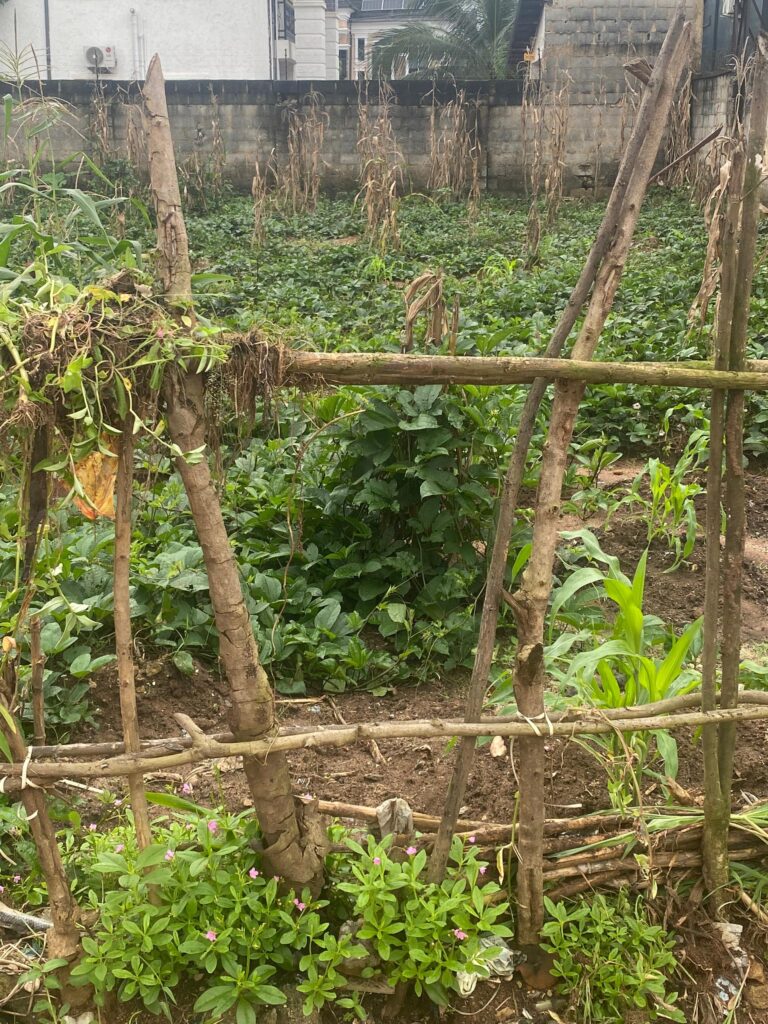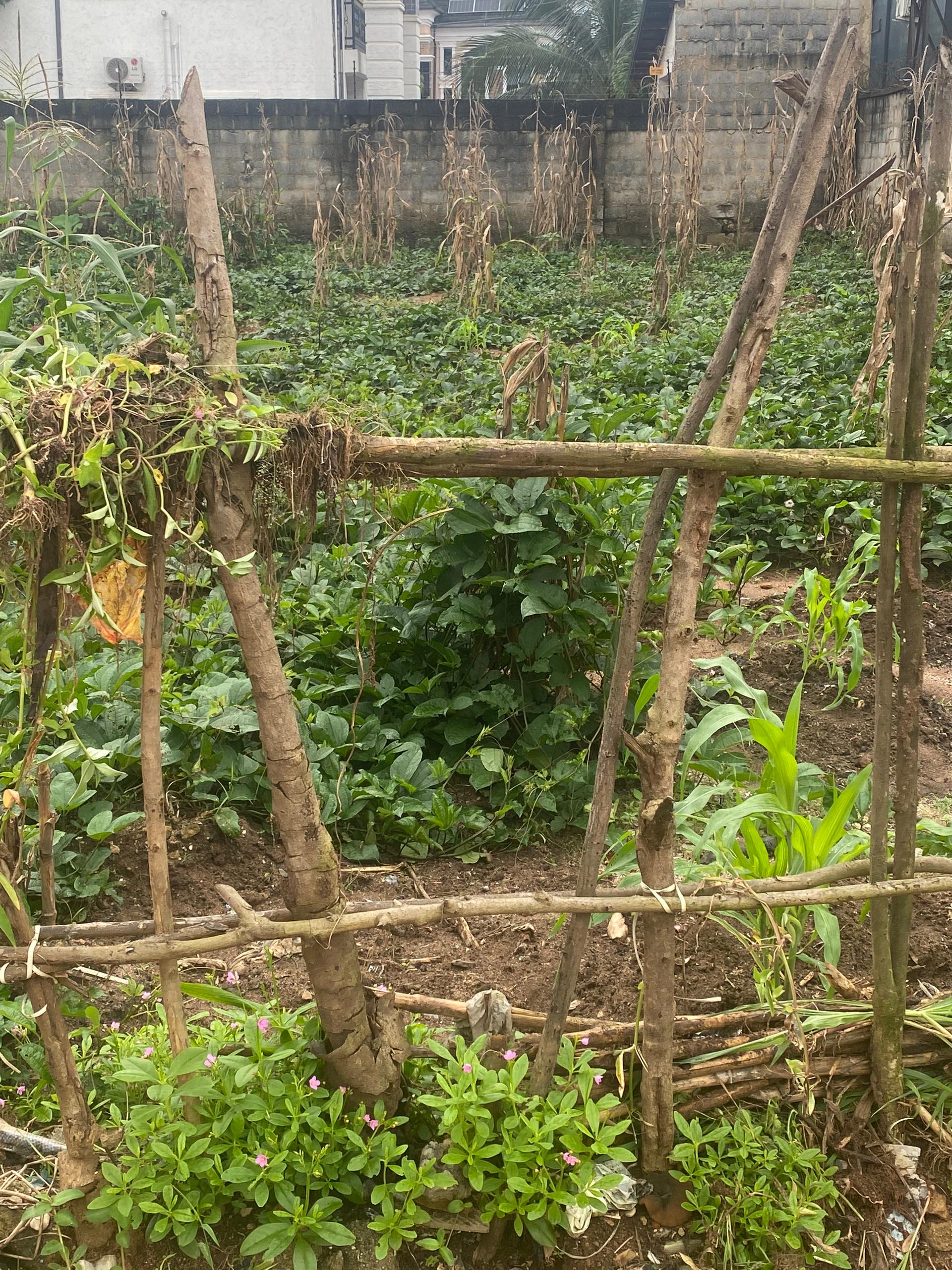
Government plays an important role in the development of agriculture in Nigeria. This has helped to solve the numerous problems which resulted in the poor development of agriculture. The rules of government in agriculture development include the following
- Provision of financial assistance: The federal government through its various agencies has helped the provision of financial assistance to farmers in the form of loans, credits and subsidies. Agencies like the Nigerian agricultural and cooperative bank (NACB), Agricultural Credit Guarantee Scheme (ACGS) and the National Directorate of Employment (NDE) were established to give loans to farmers. The government also directed commercial banks to give loans to farmers in order to boost their production. Government can render financial assistance to farmers either in the form of loans credits or by subsidies. Agricultural credit: This is a refundable loan given to a farmer with the aim that the farmer will repay it after a specified period of time. Agricultural subsidies: These are non refundable aids granted to farmers. In other words subsidies are aids given to farmers in cash or in kind without the intention of paying back. Examples of agricultural subsidies are: reduction in the prices of inputs such as fertilisers, improved seeds and chemicals.
- Establishment of agricultural programs: The government decided to establish agricultural programs with the aim of boosting greater production of crops and livestock. Such programs include: agricultural loan schemes, river basin development authorities, national agricultural insurance scheme, green Revolution, operation feed the nation, national agricultural land development agency, agricultural development projects, directorate of food, road and rural infrastructure, national accelerated industrial crop production program, national accelerated food production program, agro service centres, farm settlement scheme, cooperative farming.
Major Objectives of the agricultural programmes include the following
- Agricultural loan scheme: This was made to provide fund for financing agricultural projects and also to provide soft loans to farmers
- River basin development authorities: This program was set up by the federal government between 1979 and 1983. The aims were to provide irrigation facilities through construction of dams for all year round agricultural production, to provide portable water to the rural people for increased agricultural production, to help bring more land under cultivation by increasing the farm size of a small scale farmer through the provision of land clearing services such as tractor hiring at minimum cost, to increase the total output per farmer with increased net revenue returns, for construction of feeder roads to project sites for good transportation, to improve rural infrastructure generally thereby reducing migration, construction office points nearby enhancing the distribution of fingerlings to fish farmers.
- National agricultural insurance scheme: This was made to provide security against risk, on certainties and hazards in agriculture for farmers
- Green revolution : The green revolution was also set up between 1979 and 1983 by the federal government. The aims were; to encourage large-scale farming, to establish river basin authorities to boost the supply of water for irrigation purposes, to produce abundant food crops for local consumption and to produce cash crops for a export purposes.
- Operation feed the nation: the operation feed the nation was set up by former president of Nigeria general olusegun Obasanjo during the military regime between 1976 and 1979. The aims of the program were: to increase food production, to popularise agriculture, to provide food for all Nigerians and to facilitate agricultural development in all parts of Nigeria.
- National agricultural land development agency: This program was meant to prepare and provide land for agriculture
- Agricultural development project: The program started in 1975, it was cool financed by the world Bank, federal and state government. The aim were: to boost agricultural production through the construction of farm services centres for efficient distribution of agricultural inputs, to construct rural infrastructures such as feeder roads and earth dams, to increase the level of extension contact with farmers, to bring agricultural services closer to the people in rural areas, to sauce and make available farm inputs to farmers, to help in the reclamation of the graded agricultural land.
- Directorate of foods, roads and rural infrastructure: this program was established in 1986 by the federal government, the aims were: to provide rural infrastructures that would facilitate food production, to develop small scale agrobased industries, to provide electricity to the rural dwellers, to provide rural infrastructure that would facilitate food processing, to provide infrastructures that would improve the quality of life for rural dwellers such as water, roads and to provide rural infrastructures that would facilitate food production and processing
- NAFPP: This was established to educate farmers on methods of increasing productivity on their land.
- NAICPP: The aim was to increase the production of industrial crops that would serve as raw materials for agro-based industries such as oil palm, cashew, rubber and cocoa.
- Agro- service centres: The aims of these agro-service centers are: repair or maintain agricultural tools, machines and equipment, to supply farmers with seeds and fertilisers, to provide technical services in agriculture to needy farmers, to supply spare parts of agricultural tools, machines and equipment, supply of vaccines to farmers for disease control, to supply farmers with agrochemicals for weed and pest control, to provide inputs at subsidised rates to farmers
- Farm settlement scheme: The farm settlement scheme was established in 1959 by the Western region government of Nigeria, the aims were: to reduce the rate of unemployment among school leavers, to make farming attractive to the youths, to teach settlers more than farming practises, to develop rural infrastructure including shelter thereby making the rural areas more attractive, to reduce rural urban migration, to improve yields and harvest of the settlers thereby contributing to the gross domestic product, to improve the efficiency of extension agents due to concentration of efforts and facilities, to extend its multiplier effects to the surrounding farmers who may visit the settlers of the scheme to learn new techniques of farming and to solve the problem of land tenure system.
- Co-operative farming: cooperative farming is a kind of farming initiated by government in which a group of farmers come together for farming purposes. Cooperative farming place numerous roles
Roles of cooperative organisations in Agricultural production
Some of the roles of cooperative organisations in agricultural production include the following:
- General support for members: The organisation makes provision for employment, they provide farm imputes, cooperative organisations provide processing facilities for their members, they provide provision for storage facilities for members, cooperative organisations provide funds or capital for their members, they create awareness among members on what, when and how to produce, the encourage large scale production and expansion of members investment frontiers.
- professional farm inputs: farm inputs like chemicals, farm tools and implements, fertilisers and improved seeds were not only provided by the government in sufficient quantities but also they were subsidised to enable peace and farmers to buy and use them.
- provision of basic amenities: in order to discourage the migration of able-bodied men and youths from the rural to the urban areas, government decided to provide basic amenities such as electricity, healthcare services and pipeline water in rural areas.
